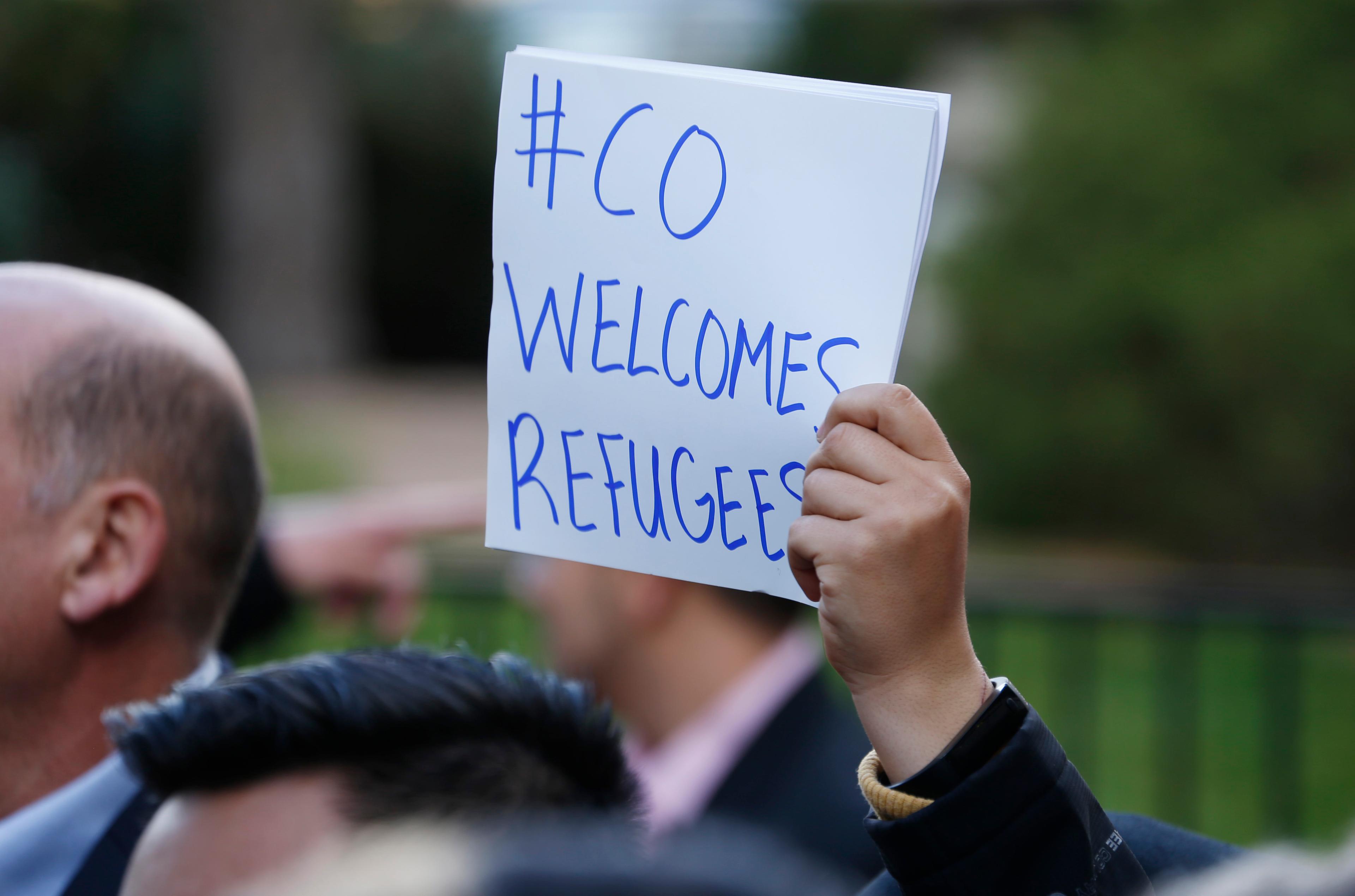
President Donald Trump’s executive order on immigration has sparked protests, legal challenges, and even dissent in the Justice Department since he signed it.
The order temporarily suspends refugee admissions and bars travelers from seven Muslim-majority countries. Which got us wondering about Colorado’s refugees: Where are they from? Who brought them here? Where do they live?
Colorado's refugees have spiked coinciding with political turmoil across the globe. More than 10,000 arrived from Vietnam in the 1980s and 1990s after the Vietnam War. When the Soviet Union collapsed, the state saw an influx of people from Russia. In late 1990s and early 2000s, hundreds of people a year from Bosnia and Herzegovina fled to Colorado. More recently, thousands from the Middle East, Africa and Burma have made a home here.
"Right now what we're seeing in our populations is reflective of the crises going on overseas,” said Kit Taintor, the Colorado State Refugee Coordinator.
She recently told Colorado Matters that her office expected to settle 2,195 refugees this federal fiscal year (October 2016-September 2017). Now it expects that number to drop by more than half.
Nearly 10,000 refugees from the seven countries listed on Trump’s executive order have settled in Colorado since 1980. The state generally resettles about 2 percent of all refugees that come to the U.S. in a given year, Taintor said.
Lutheran Family Services, the African Community Center and, most recently, the International Rescue Committee are the biggest resettlement agencies in the state. Lutheran Family Services, said Trump’s executive order will “greatly impact” the organization.
Most refugees are settled in metro Denver, Taintor said. A smaller number end up in Colorado Springs, Greeley and Fort Morgan. Those last two cities saw an influx of refugees after federal immigration agents raided a meatpacking plant in 2006 and deported 273 undocumented immigrants.
In general, Taintor said agencies look for cities with cheap rent, available jobs, and proximity to their offices.
How Are Refugees Vetted?
Taintor said refugees are the most vetted category of traveler to the U.S., more so than tourists or students.

"Their process takes at least 18 to 14 months, if not longer," she told Colorado Matters. "There are already eight federal agencies involved, multiple different security checks, biometrics -- we're talking fingerprints and iris scans.
“So there are already a lot of security measures to ensure the refugees we are welcoming will promote safety and sanctuary in the United States. What we find is that refugees are fleeing the very violence that we fear and uphold the same sort of desire to live in a safe community."
What Are Your Questions?
We want to know what you’re curious about when it comes to refugees in Colorado. Email us at [email protected], leave your question in the comments below or tweet us @newscpr.
Read More: Your Questions About Refugees In Colorado Answered









